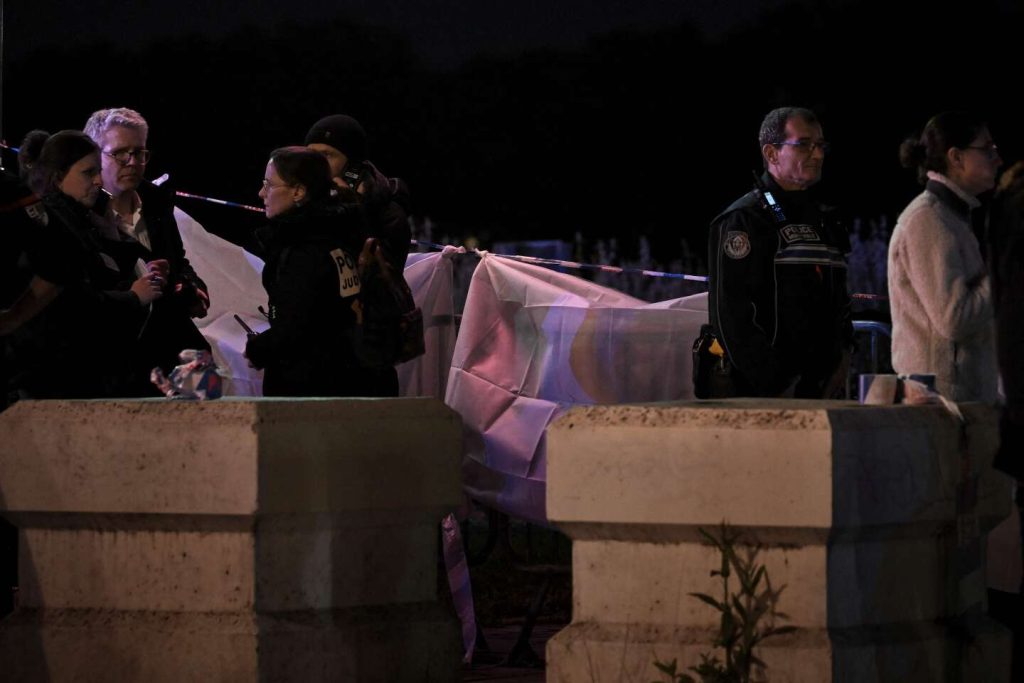Police officers cordoning off a street as a victim is evacuated following a deadly attack in Bordeaux on April 9, 2024. The attack that occurred on Thursday, April 11 in Bordeaux is not currently being considered a terrorist attack by the justice system. The Afghan asylum seeker who stabbed two Algerians, one of whom died, was reportedly motivated by religious reasons, as he allegedly took issue with his victims for drinking alcohol on the day of Eid. The prosecutor of Bordeaux stated that, at present, there is no evidence to suggest a terrorist attack, although the National Antiterrorist Prosecutor’s Office (PNAT) is continuing to evaluate the situation.
This reluctance of the justice system to classify the incident as terrorism has led to confusion among some members of the public and criticism from certain media outlets who believe it was clearly an act of terrorism. The disparity between the legal analysis of the PNAT and public perception stems partly from the fact that terrorism is a complex legal and intellectual concept. There is no universal definition of terrorism, and it continues to be a topic of debate in the research community. Additionally, the legal definition of terrorism in France does not always align with that of the social sciences or common understanding.
According to the French penal code, acts of terrorism are defined as intentionally related to an individual or collective enterprise aimed at seriously disturbing public order through intimidation or terror. The law does not specify the political nature of this crime, although it is commonly understood, but rather focuses on the objective and means of the act. Therefore, terrorism is not an ideology, but a method of action. This means that a religious fundamentalist or a racist individual could commit a crime against an ideological enemy without it being considered a terrorist act.
Committing a murder in the name of religion, as in the case of the Bordeaux attack, is not enough to legally classify it as a terrorist act. While the criminal code does provide for harsher penalties for crimes committed based on the victim’s ethnicity, nationality, or religion, simply carrying out a murder in the name of religion does not meet the legal criteria for a terrorist attack. Unlike ideologies like jihadism or groups like ISIS, the goal of religion is not to instill “terror”, according to a judicial source. Therefore, the incident in Bordeaux does not fit the legal definition of terrorism based on current information.


